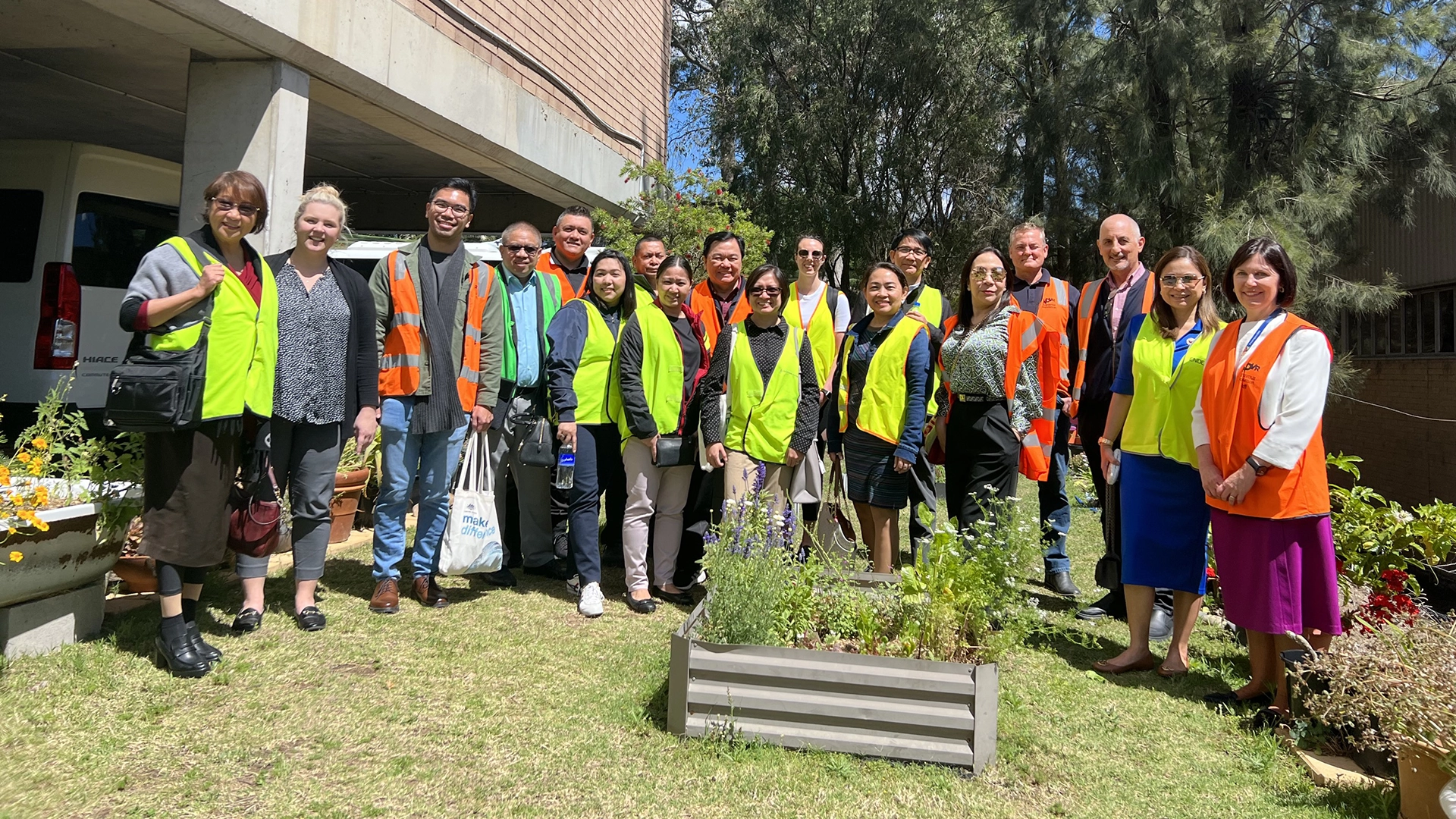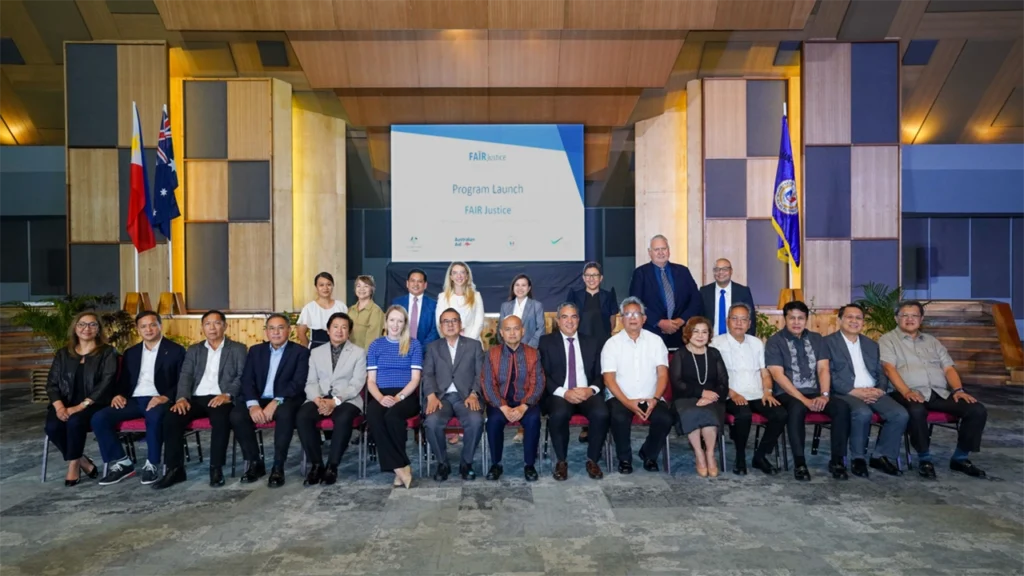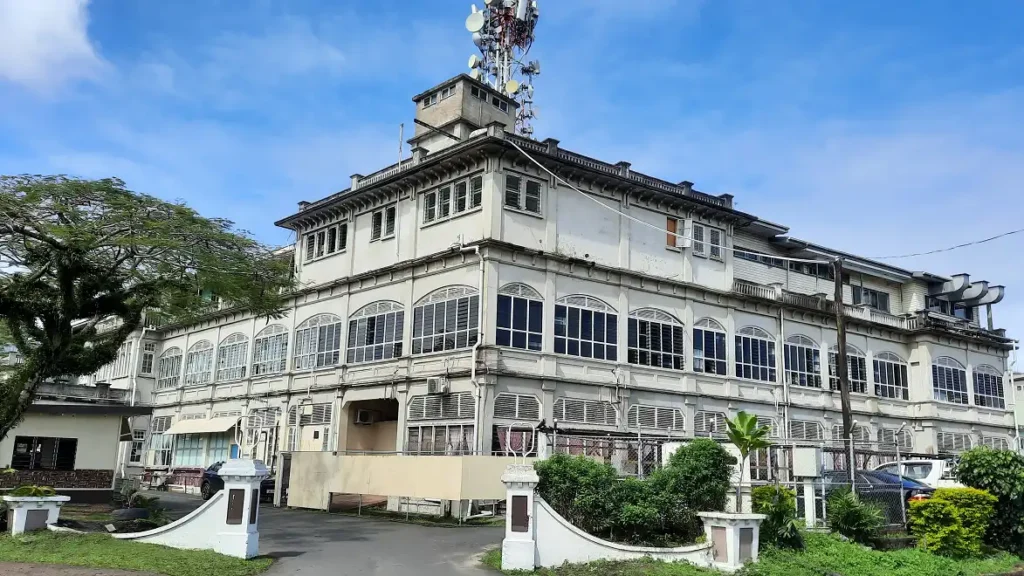
Philippine policy makers recently completed a study visit to Australia, to discuss best practices in disability inclusion policies and programs.
It comes at a pivotal time for the Philippines, which is working towards enacting the disability support allowance bill – a priority legislative agenda in the Philippine Development Plan (PDP) 2023-2028.
The study visit was coordinated through the Australian Government’s Australia Awards and Alumni Engagement Program – Philippines – a key example of Australia’s strengthened focus on inclusive and locally led, strategic partnerships. The visit included a 12-person delegation, spanning six government agencies, which are all instrumental in achieving Philippines’ goal of creating a more inclusive society.
Ms Abigail Bakker, Second Secretary (Development) of the Australian Embassy in the Philippines said the study visit will help equip the delegates with knowledge and information on how the disability support pension and other disability related interventions are being operationalised in Australia.
“The learning will guide the policymakers and concerned national government agencies in the formulation of the proposed disability allowance and support policy, and its implementation once enacted,” she said.
As part of the study tour, delegates were provided both high-level and on-ground insights into Australia’s social protection programs and mechanisms, including the Disability Support Pension, the National Disability Insurance Scheme, Australia’s Disability Strategy, Job Access, Disability Employment Services, Service Centre, National Disability Services, and Disability Australia Hub.
The delegates met with various stakeholders in social protection in Australia including the Department of Foreign Affairs and Trade, Department of Social Services, Services Australia, the Australian Institute for Health and Welfare, the Australian Federation of Disability Organisations, National Disability Services, and People with Disability Australia. They also met with disability service support providers including Endeavour Foundation and Ability Options.
Disability inclusion and social protection insights for the Philippines
Undersecretary for Policy and Planning at the Philippines National Economic Development Authority, Rosemarie Edillon said learning about the challenges faced by Australia’s social protection programs and their resolutions, provides the Philippines with strong frameworks to enhance its own.
“The disability support mechanisms being implemented in Australia showed us a different perspective, where persons with disability are being empowered to build their resilience.
“There is a strong belief that traditional work environments need be more inclusive to provide greater opportunities for persons with disabilities to be able to work,” she also said.
Usec Edillon said the fact that more than 53 per cent of persons with disabilities are part of the labor force in Australia, showed how positive policy changes can make a tangible difference to people’s lives.
Undersecretary for Operations at the Philippines Department of Social Welfare Development, Monina Josefina Romualdez said: “What really struck me was the Service Centre – it’s like a one-stop shop that brings services to the people in an innovative way. Another take-away was that the national government works with local governments, as well as the non-government organisations”.
Meanwhile, Philippines National Council on Disability Affairs Executive Director, Joniro Fradejas said he was impressed by the inclusive infrastructure, and how the government works with civil society organisations and the private sector in designing and delivering disability support services.
The way forward
Looking at the Philippine’s journey ahead, Usec Edillon said there is growing political and community support within the country to strengthen disability inclusion, and she sees the nation’s disability support allowance bill as a pivotal step forward.
She believes articulating the benefits of disability inclusion policies for the whole of society will be integral.
“Disability support programs, even for Australia, require a lot of fiscal resources. It is then important that the public supports the program, whether they have a loved one with disability or not,” she said.
“This way, the benefits derived by society from these programs are assigned higher weights.
“It is important to begin with a whole-of-society values transformation on at least two respects.
“One, that persons with disabilities have a right to self-determination and to reach their full potential, and two, that all of society needs to contribute to their empowerment.”
###
Australia Awards and Alumni Engagement Program – Philippines (AAAEP-P) is managed by Tetra Tech International Development on behalf of the Australian Government. It is designed to provide a suite of learning opportunities to Filipinos, which includes the Australia Awards Scholarships and short courses, local scholarships, and non-formal learning opportunities. By offering flexible and strategic combinations of these educational tools, AAAEP-P supports and complements the capacity building initiatives of select Philippine organisations that directly contribute to the shared development goals of the Australian Government and Philippine Government.
The Program also engages with the Filipino alumni of Australian educational institutions or Registered Training Organisations (RTOs) and other Australian Government-supported training programs, nurturing the connections and relationships that these exceptional Filipinos have with Australia. For more information about the program, visit www.australiaawardsphilippines.org



